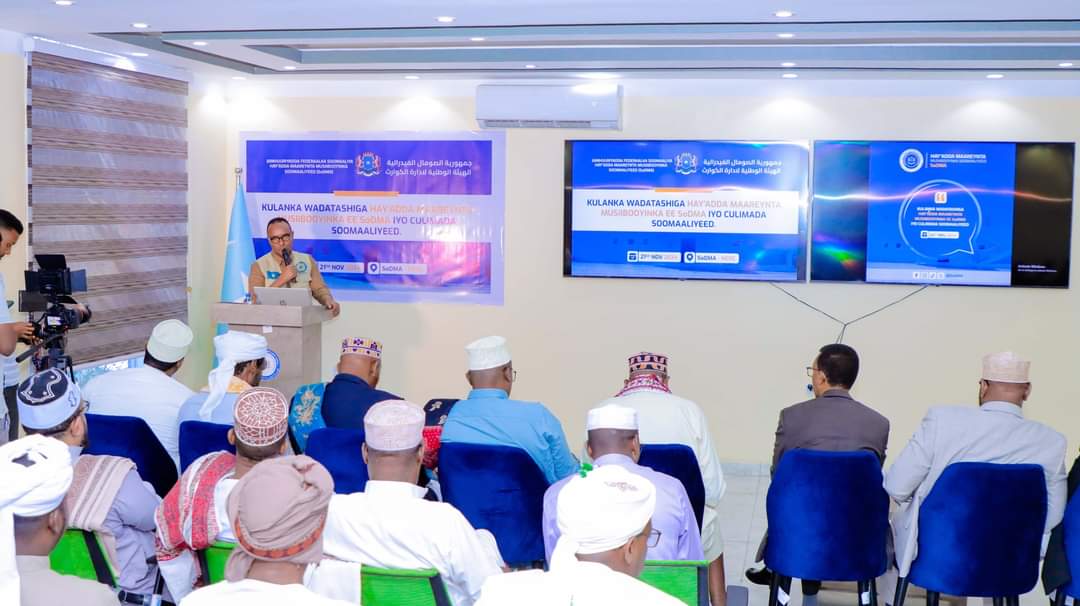The International Monetary Fund (IMF) has approved the first review of Tanzania’s three-year extended credit facility, which will allow an immediate disbursement of approximately $153 million in budgetary support. The IMF stated that Tanzania’s economic reform program was progressing well in a challenging global economic environment. However, authorities must work to boost domestic revenues while stepping up structural reforms to streamline bureaucracy and combat corruption.
IMF Deputy Managing Director Antoinette Sayeh noted that the program performance had been strong, with all quantitative performance criteria and indicative targets for December 2022 met. Two of the three structural benchmarks for December 2022 were also completed on time. Sayeh added that efforts to enhance domestic revenue mobilization and improve spending efficiency would help Tanzania finance priority investment and social spending while safeguarding debt sustainability.
This decision brings the total disbursements under the $1.04 billion loan arrangement approved for Tanzania last year to about $305 million, according to the IMF. Tanzania’s broad-based growth is believed to be turning the country into one of the fastest-growing economies in Africa, while a planned liquefied natural gas (LNG) project could become its biggest-ever industrial investment.
While Tanzania’s economic performance has been praised, the IMF has also urged authorities to strengthen public finance management and oversight of state-owned enterprises to contain fiscal risks. The fund recommended that authorities clear domestic arrears and prevent the accumulation of new ones by strengthening cash management and commitment controls.
Overall, the IMF’s review of Tanzania’s extended credit facility is a positive development for the country, as it will provide crucial financial support to help it tackle its economic challenges. However, there is still work to be done to address corruption and bureaucracy and to ensure debt sustainability. If Tanzania can successfully implement the recommended structural reforms, it has the potential to continue its impressive economic growth and become a leading African economy.










